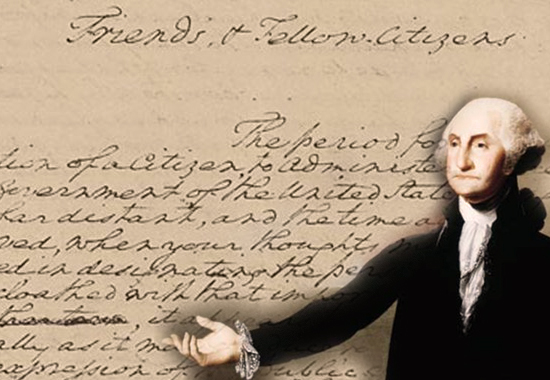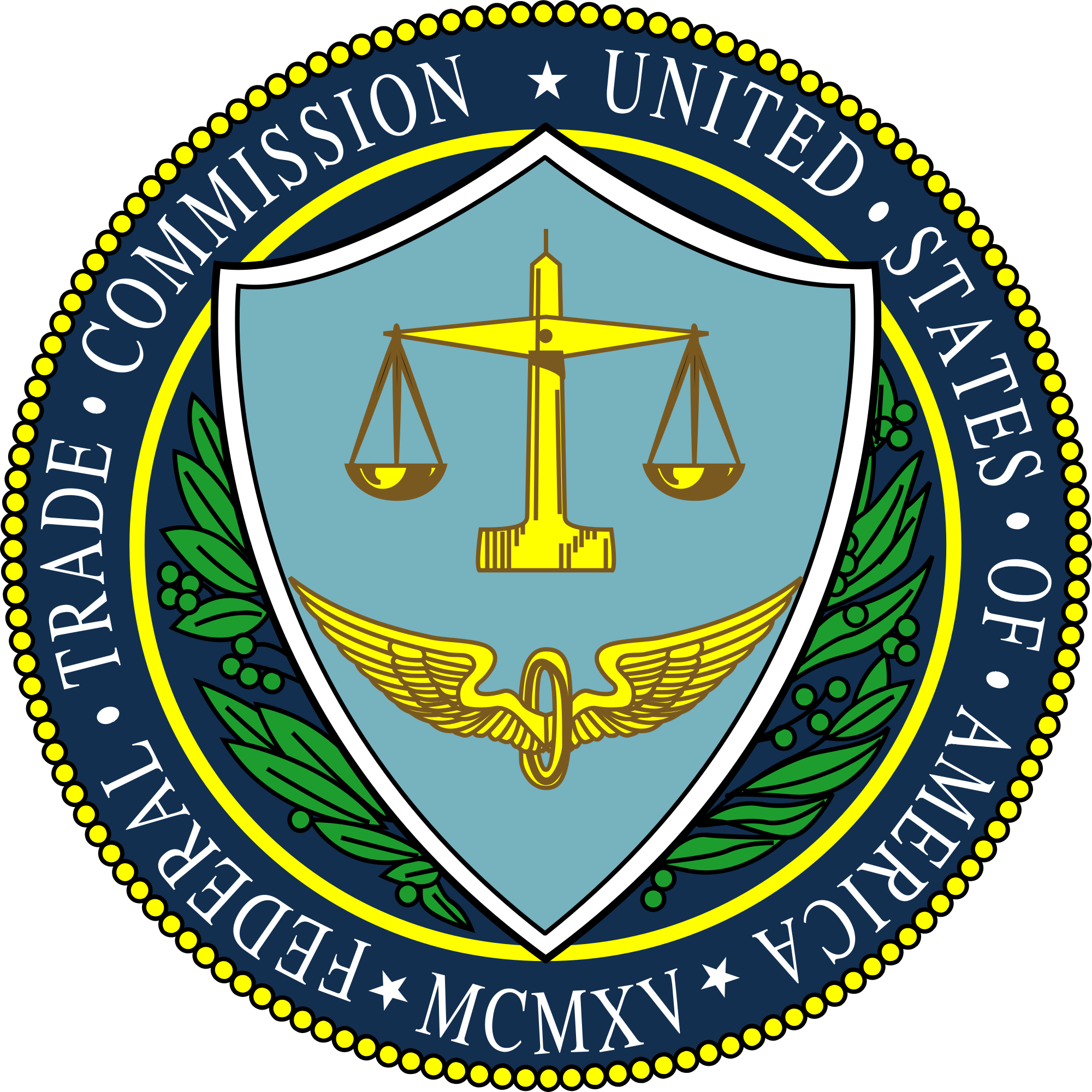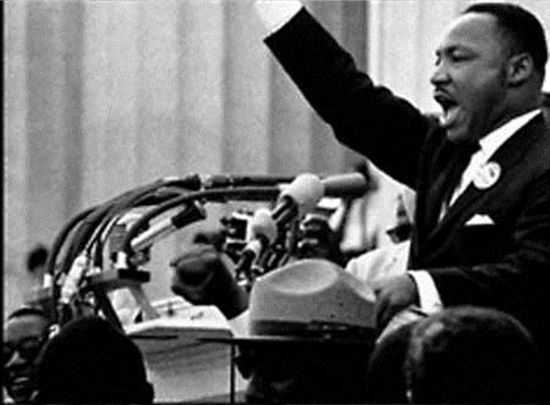
President Truman claimed America should have helped Greece and Turkey, because nations should be free from any external influences. In order to maintain democracy and free will and avoid influences of Communism, Truman urged Congress to aid Greece and Turkey economically and militarily. He wanted contain the spread of Communism and stop the Soviets from influencing them. He warned that if they failed to take any action, they could endanger the peace of the world.

Somewhat similar Cubas communism and how we didnt want that to spread
 Linda Brown was forced to walk to a black school very far away while a white school was much closer. They tied to attend the white school but, the school refused. Brown's parents claimed that it was wrong for their child to be segregated in such a manner. They brought this to court where the Court’s unanimous decision overturned provisions of the 1896 Plessy v. Ferguson decision, which had allowed for “separate but equal” public facilities, including public schools in the United States. Declaring that “separate educational facilities are inherently unequal,” This still didn't give them true equality though but lead a new pathway to it.
Linda Brown was forced to walk to a black school very far away while a white school was much closer. They tied to attend the white school but, the school refused. Brown's parents claimed that it was wrong for their child to be segregated in such a manner. They brought this to court where the Court’s unanimous decision overturned provisions of the 1896 Plessy v. Ferguson decision, which had allowed for “separate but equal” public facilities, including public schools in the United States. Declaring that “separate educational facilities are inherently unequal,” This still didn't give them true equality though but lead a new pathway to it. This case inspired a more profound civil rights movement in the late 1950s and 1960s
This case inspired a more profound civil rights movement in the late 1950s and 1960s










 Woodrow Wilson created a list that he thought could make world peace happen. He suggests this as their plan, and says they should all stick together. It emphasized American morals and peace for the world. It also helped create peace in foreign countries following the end of the war...
Woodrow Wilson created a list that he thought could make world peace happen. He suggests this as their plan, and says they should all stick together. It emphasized American morals and peace for the world. It also helped create peace in foreign countries following the end of the war...




 Clayton Antitrust Act. Clayton Antitrust Act, 1914, passed by the U.S. Congress as an amendment to clarify and supplement the Sherman Antitrust Act of 1890.The Clayton Anti-trust Act made monopolies basing their price on consumers illegal because it stated that businesses and corporations could no longer have different prices for different consumers. Compared to the Sherman Anti-Trust Act, the Clayton Anti-Trust Act was more powerful and was able to put down many more trusts and monopolies than the Sherman Anti-Trust Act did. It also states that a company can't offer a sale or price deduction if a company buys from them instead of a competitor. Finally the Clayton Anti-Trust Act regulates the sale of stocks imposing limits on how much stock a company can have of a competitor or another company.
Clayton Antitrust Act. Clayton Antitrust Act, 1914, passed by the U.S. Congress as an amendment to clarify and supplement the Sherman Antitrust Act of 1890.The Clayton Anti-trust Act made monopolies basing their price on consumers illegal because it stated that businesses and corporations could no longer have different prices for different consumers. Compared to the Sherman Anti-Trust Act, the Clayton Anti-Trust Act was more powerful and was able to put down many more trusts and monopolies than the Sherman Anti-Trust Act did. It also states that a company can't offer a sale or price deduction if a company buys from them instead of a competitor. Finally the Clayton Anti-Trust Act regulates the sale of stocks imposing limits on how much stock a company can have of a competitor or another company. 
